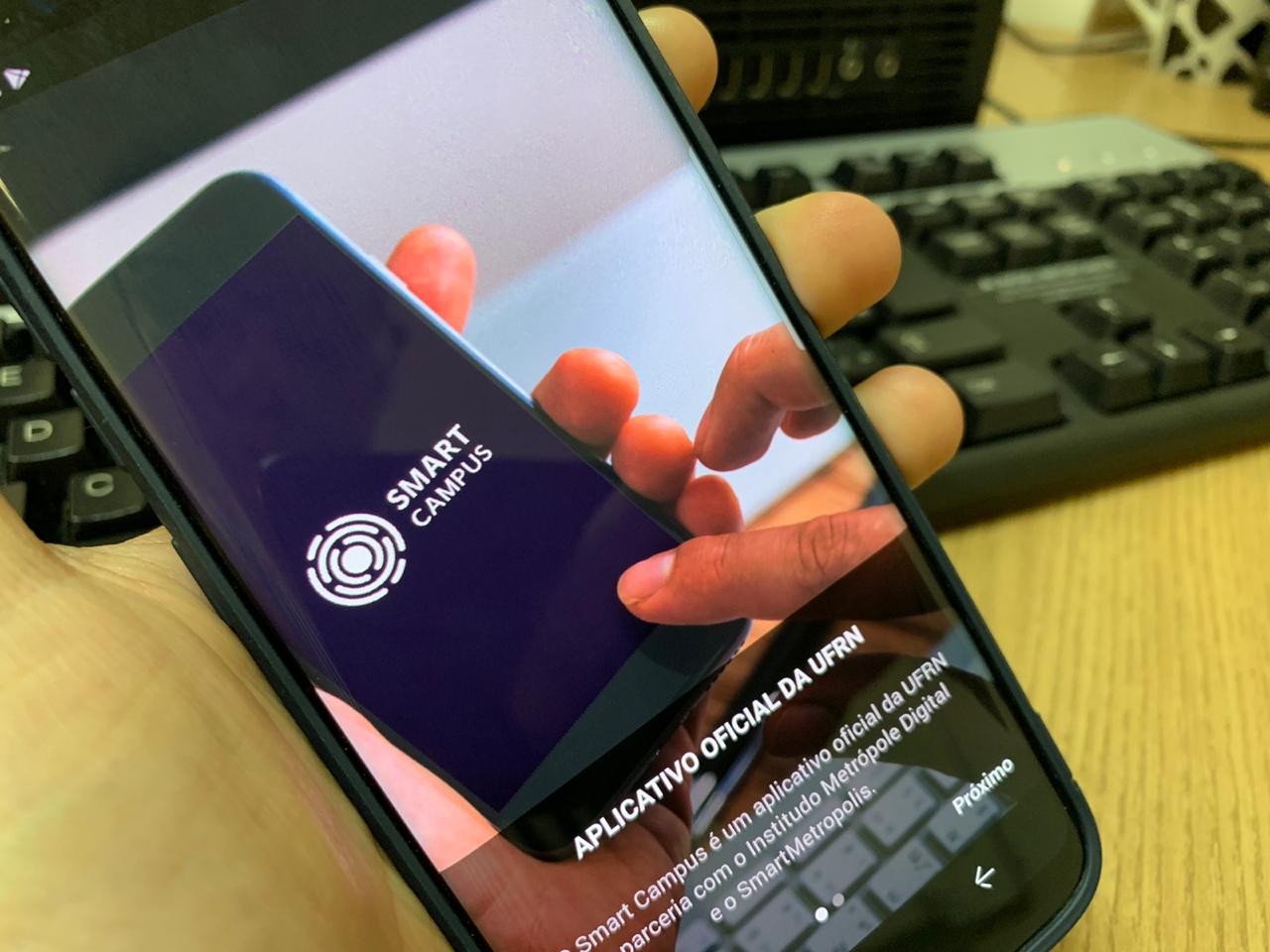
Smart Metropolis is a research project at UFRN, developed at the Digital Metropolis Institute (IMD). It aims to create solutions in the context of smart cities, leveraging the expertise of researchers and professionals in fields such as Computer Science, Engineering, and Social Sciences.
INSIDE Project
The INSIDE Project’s primary objective is to conduct research that enables the development of solutions to support the Public Prosecutor’s Office in investigative procedures in areas of interest, such as combating corruption, drug trafficking, money laundering, macro-criminality, and producing knowledge to support decision-making in public policy oversight. This includes areas like health, education, the environment, consumer protection, and more.

SPICI – Integrated Public Safety in Smart Cities is a project funded by FINEP and supported by FUNPEC/UFRN, that operates in the field of public safety leveraging 5G technologies within the context of smart cities.
This project involves faculty members from the permanent staff of DIMAp and IMD/UFRN, as well as doctoral, master’s, and undergraduate research students. The project is open to partnerships that contribute to the advancement of the solutions being developed, promoting collaboration among different actors in the research and innovation ecosystem.
Objective
SPICI aims to develop integrated applications for public safety using 5G technologies.
The applications being developed in the project require reliable, high-availability communication with low latency for real-time information transfer. Therefore, they demand a 5G network infrastructure that provides high capacity and communication speed with a large number of devices, and ensures low latency.
Challenges
The project addresses several challenges, including the integration of heterogeneous devices with the communication infrastructure, ensuring both interoperability and operational efficiency. Furthermore, it explores efficient strategies for managing edge computing and cloud resources, aiming to optimize resource utilization and minimize response times to critical incidents.
Advanced AI techniques are being applied for automatic incident detection and multimedia data analysis. The aim is to enhance the situational awareness of security agents, improving their perception of contextual elements and events, therefore, enhancing the understanding of the current situation and supporting reliable projections of future developments.
Solutions
The applications being developed should play a significant role in the public safety ecosystem, facilitating emergency response and strategic crisis management. The project also focuses to provide adequate support for the full cycle of application development, integration, and execution, ensuring their effectiveness and reliability in real-world operations.
Learn More
Follow the project’s progress on the official website! There you’ll information about the solutions under development, updates on ongoing activities, publications, and the collaborations driving this initiative forward.

FIWARE Overview
FIWARE is a middleware platform created by the European Commission to support the development of applications for the Internet of the Future. It serves as the middleware platform for the Smart Metropolis project, establishing it as a major FIWARE reference in Brazil.
Community and Features
The FIWARE community comprises individuals and organizations dedicated to building a sustainable ecosystem around open software platform standards. Key features include IoT device management, complex event processing, and temporal data series management.
Orion Context Broker
The Orion Context Broker is FIWARE’s main component, enabling context information management across domains. Its latest version (Orion-LD) integrates Linked-Data concepts for efficient data structuring and retrieval, developed in collaboration with Smart Metropolis.
Blockchain Integration (Canis Major and Taurus)
- Canis Major: A generic enabler integrating blockchain technologies like IOTA, Ethereum, and Hyperledger Fabric with FIWARE.
- Taurus: Complements Canis Major by monitoring blockchain transactions and relaying data to FIWARE components for further processing.

Campus Seguro
The Integrated Incident Management System (SIGOc or Campus Seguro) is a platform providing an overview of reported security incidents on university campuses. It offers real-time tracking of on-duty security personnel and incident status (attended/unattended).
Mobile Applications
The platform includes mobile apps for both security personnel and the university community, enabling users to report incidents and track their progress.
Technology Stack
- Mobile Front-End: React Native and Native Android
- Web Front-End: JSF and Thymeleaf
- Back-End: Java (Spring Boot)
- Databases: PostgreSQL and MongoDB
- Georeferencing: OpenStreetMap
- Context Management: Orion (FIWARE)
- Data Persistence: Cygnus (FIWARE)
Additional Applications
The system can be adapted for factory surveillance, wind farms, small towns (municipal guards), university campuses, or large residential complexes.

SGeoL
SGeoL is a middleware designed for data management, visualization, and integration in smart city environments. It provides a set of high-level features that simplify the development of integrated applications, eliminating the need to deploy additional services.
Key Features
- Authentication and Authorization: Protects access to information, ensuring higher security.
- Geographic Query Processing: Supports advanced geospatial data processing.
- Semantic Queries: Enables queries based on semantic relationships for richer data insights.
- Temporal Data Management: Allows the handling and analysis of time-based data.
- Complex Event Processing (CEP): Provides real-time event detection and processing.
- Data Integration and Visualization Services: Facilitates seamless data integration and visualization.
Current Applications
SGeoL is currently used in applications developed for:
- Municipal Departments of Natal/RN
- Public Prosecutor’s Office of RN
- State Department of Education of Rio Grande do Norte
Technologies Used
- Backend: Java EE
- Platform: FIWARE
- Databases: MongoDB (NoSQL) and PostGIS (Geospatial Database)
- Frameworks: Apache Jena, Vue.js
- Web Standards: REST APIs, HTML, CSS, and JavaScript
Additional Use Cases
- Smart Cities: Enhancing urban governance and infrastructure.
- Public Administration: Streamlining data integration and management for government services.
- Internet of Things (IoT): Supporting interconnected devices and data communication.
- Geographic Information Systems (GIS): Facilitating spatial data analysis and visualization.
SGeoL serves as a multi-purpose system, promoting data integration and social engagement through scalable and adaptive solutions for smart city ecosystems.
